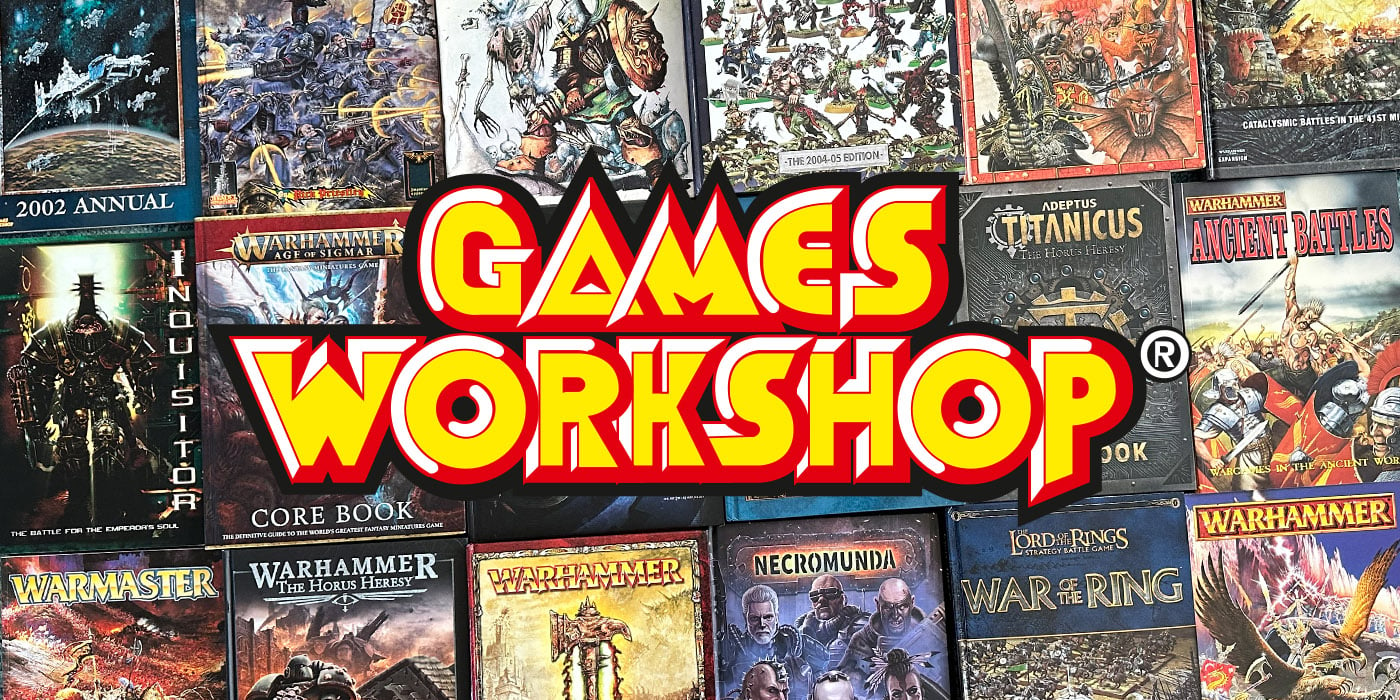Debate: Game Balance and Power Creep


We compare our favorite games all the time, but how much does balance play into the equation, and are we using the term correctly?
After reading an interesting conversation regarding the balance differences between X-Wing and Warhammer 40,000 in the comments of my last article on the TIE Punisher (for which I’d like to make an apology – after reading said comments, I realized that I had given it a fairly bad rap, which I will attribute to a lack of time playing the ship, not being an Imperial player and failing to make connections and synergies that I should have been able to as well as general incompetence), I started thinking.
A debate about how balance can be used between games when comparing them cropped up, and was sadly cut short by the comments cutoff. Points were raised about how a game can be sold to fans of other systems as “better balanced”, only for players within the game to complain about relative power levels within them. I think it’s a situation that needs a decent amount of thought, and with that said the following is entirely an opinion piece. I am not positing this as some sort of gospel as far as this situation goes. Think of it more as the opening to a discussion, and while some fingers will be pointed at specific games, the only one I’m going to be outright lambasting is Yu-Gi-Oh (which I’m bringing in for comparison purposes, along with a few other CCG’s as I feel the debate is going to inevitably touch them no matter what you do) and I doubt anyone here is exactly going to be upset over that. For this debate, I’m going to cover four points.
1. How important is Balance, anyway?
and…
2. The Difference between Narrative and Tournament Balance
Well, the instinctive response is “Very. Duh.”
I’m not sure that’s the case – while a balanced game is much more fun than an unbalanced one, it depends on all sorts of other contexts. Was it designed to be unbalanced in favor of one side, to try and create an ‘underdog’ sense like Discworld’s in-universe game of Thud!? Is the unit some sort of named character, which clearly has a narrative backing to be so powerful?
Was it just a mistake that can be errata’d away, like a recent format-dominating card in the CCG Force of Will? Most importantly, is the balance a selling point of the game or is it a secondary concern?
Off the top of my head, I can’t think of a game that has been sold and marketed entirely off of its balance, with the exception of StarCraft Brood War and I’m fairly certain that that game’s balance happened mostly by accident. Games are sold off of their mechanics, lore or models, not their balance. So, why is balance used as a sticking point – or ammunition for an attack, more frequently – by fans of one system against the other? Well, that’s because balance is important for maintaining a healthy tournament and competitive scene. Frequently, the games I most often see attacked for lack of balance, are those that are no longer aimed at tournaments and more at narrative wargames, like Games Workshop’s offerings. Personally, despite being a massive RPG nerd and forever GM, I don’t like narrative-focused wargames that much – but the point is, that’s irrelevant to the discussion. Balance is not the primary concern of these narrative wargames, producing models/cards/units that reflect the feel of them in the lore is, which systems like Warhammer 40,000 have frequently been remarkably successful at. As a comparison, consider historical recreation systems and how they are designed to accurately recreate a battle rather than present a fair battle between two armies.
3. Relative Balance Gaps
This segues into my second point – the relative gaps between power levels, and how the difference between units can be smaller yet still matter just as much as the larger gaps in other games. Look, Warhammer 40,000 in particular has always had problems with certain units and/or codicies being exponentially more powerful than others. I don’t think anyone is ever going to claim that there’s been a part of 40k’s history where the game didn’t have some form of outlier, be it the original Tau Fish of Fury strategy or the multiple waves of Eldar dominance.
The point is, these massive gaps are more noticeable, and while other systems might have smaller gaps when it comes to power levels the gaps are still there. Tournament focused games may have the best intentions and spend much more time playtesting and making sure that nothing is too broken. Narrative focused games, however, are more often trying to make the units feel like they would relative to the game’s lore. There’s advantages to both approaches, but there’s disadvantages too – in X-Wing, for example, the K-Wing was turned into a small-based ship for what are most likely balance or range variety reasons, despite being a very large ship in lore, and the end result can feel off-putting to anyone who pays attention to stuff like that like I do.
These expanded playtesting times do result in smaller power gaps, with a few exceptions that slip through the cracks because a QA team can’t possibly catch everything let’s be realistic, but the resulting gaps still exist – and since these gaps are often in tournament-centric games, can have a much larger impact than even the massive power gaps in Narrative games. Warmachine and Hordes are common offenders of this – certain units, like my beloved Cygnar Trencher Infantry, can be ‘okay’ – but why would you settle for okay when you could get something ‘good’ or ‘excellent’, like various mercenary units? My other main game right now, Infinity, also has this happen – why settle for a vanilla Nomad force when I could cut a Reverend Healer and a Spektr for a few more Alguacil or an extra Intruder and play a Corregiador sectorial army with a linkteam? Surely the latter option is more efficient and powerful, right?
Well, that’s the thing – these small changes in power level can have bigger impacts depending on how competitive the game is designed to be. And, when a game is designed to be competitive, there’s another demon that you just can’t escape no matter what…
4. Inevitable Power Creep
Okay, first of all, I’d like to say that when power creep is done properly it’s not an inherently bad thing. It makes players pick up the new models, keeping the game alive and the meta fluid and ever-changing. When power creep is done incorrectly, it completely changes the meta and often entirely invalidates entire armies, decks or what have you – Yu-Gi-Oh is especially bad about this, with popular decks from as short as a year ago now being completely pathetic in front of new ones, a situation that continues to escalate to this day. Small, incremental increases in power – especially when accompanied by frequent erratas or re-releases of older units to keep them on the same power level a few months after release, like Infinity occasionally does (there’s a major update to a bunch of old units coming up in Human Sphere N3, according to the rumor mill) stops people complaining about it too much. Power creep is inevitable, it’s what makes people buy new products instead of “just getting what you need and stopping” as I’m sure many of us have said when getting into a new game (gods know that I originally only planned on getting 300 points of Nomads and quitting, now I’m eyeing up my third faction…)
Power creeps lead to balance problems, in favor of the new releases.This is also inevitable, and it’s only a real problem if it’s a massive gap – which can be fine on occasion, don’t get me wrong! Sometimes the game needs a shift in how tournaments or even friendly local games play out, preferably for the better. Would Warmachine be the same game without the existence of Colossals (okay, most notably just the Stormwall, but my point stands) for people to plan around in their lists? Introducing new problems to overcome is a part of being in a living, evolving game – and it’s part of why games that are no longer supported will slowly die off, no matter the community’s efforts, as eventually the game will be ‘solved’ to a near-perfect level and people will grow bored. The problem is when power creep causes a massive and visible swing in one faction or strategy’s favor at the expense of everything else. Notable examples of this include the Grey Knight codex for 40k, the advent of Bradigus in Warmachine/Hordes and the Warhammer Fantasy 7e version of the Chaos Demons army book, which if memory doesn’t fail me was so powerful it was part of the factors in the creation of 8th Edition.
So, how to mitigate this? If power creep is inevitable, how do we stop people from noticing it, or at least minimizing the impact? Well, for a start, release something for multiple factions at the same time. Look, let’s be honest, virtually every wargame publishes content in this way these days – the only one that I am aware of functioning differently is Warhammer 40,000, a game where a flame war about how the newest codex is either over or underpowered compared to other releases starts immediately with a few exceptions (if I’m talking out of my ass and there are other games that follow the codex-style releases, please tell me). This also causes factions to fall behind in the power creep, not being updated for years at a time – it’s just not a very good way of releasing content anymore, even for a narrative-focused game.
Conclusion
Balance is important, but perhaps not integral – and should be a supporting point of an argument in favor of your system of choice, not a defining one. Not all games are focused around balanced and/or tournament play, and not all games have had the time or release schedule for the power creep process to really rear its ugly head yet. Should you play an unbalanced game? Probably not – but that doesn’t mean that it can’t be fun to abuse the balance differences, provided it’s not to the detriment of your opponent’s enjoyment of the game.
What are your thoughts on the subject? Try to avoid direct comparisons between systems, and instead just think about how important balance is to you as a hobbyist and your style of play.






